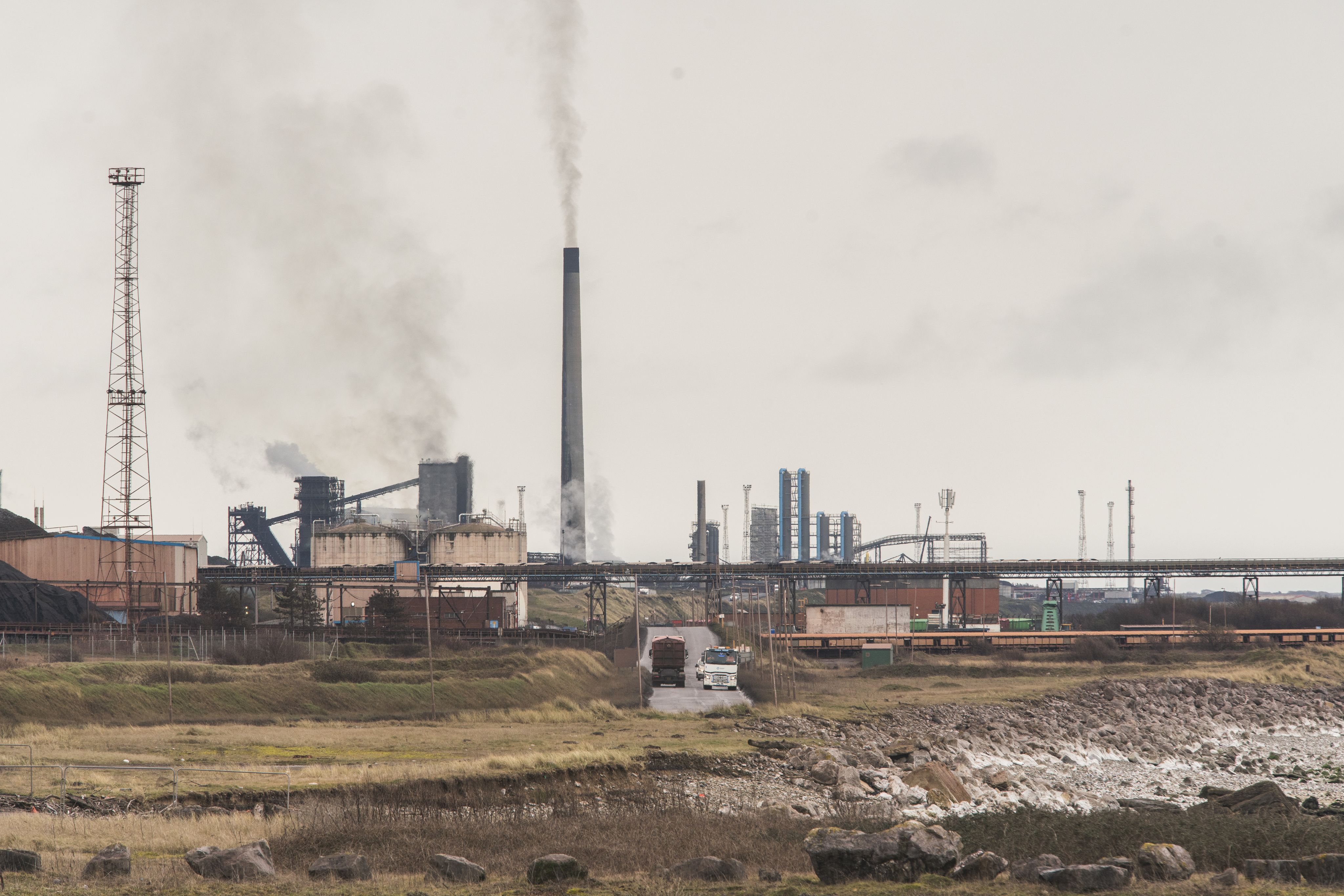South Wales With
Both Eyes Open:
A Fast Start project

“Circular economy
goals cannot be
achieved in isolation.”

“The focus on transition to low-carbon industry means there has been a lot of focus on energy, but it’s also vital to look at waste materials,” says Hannah. The project’s material partner, Sexton Materials Research, highlighted a number of ‘problematic materials’. These are the by-products that do not currently have a sustainable management route – such as contaminated ash, sludges and slurries.
“Businesses are paying a lot of money to store, landfill or even send this waste to be processed abroad – recycling or reusing some of these materials could save in the region of £50m a year,” says Hannah. “In some cases, waste materials can contain valuable elements, such as zinc, which could be extracted and sold, while others are a potential source of energy and could be used as a feedstock.”
Through a series of workshops, the project team facilitated a collaborative approach between the businesses, as well as engagement with key stakeholders, such as the Welsh Government and Natural Resources Wales, to explore potential efficiencies on their sites. “These raised a number of technology transfer opportunities, where one partner already had a solution for a problem material which could be used on other partner sites,” says Hannah.
The project’s energy partner, CR Plus, also investigated potential energy synergies between sites, where one organisation’s waste heat could be used in another process or site. While, the project’s legal partner, Capital Law, examined the regulatory and legal implications of these types of energy-related circular economy opportunities, often a key barrier to industrial symbiosis, with the creation of an energy case study. This investigated the possibility of establishing an Advanced Energy Centre to promote energy self-sufficiency, and agricultural greenhouses powered with waste heat.
Conclusions from the project will help inform plans for the imminent South Wales Industrial Cluster, which has recently received £1m funding through Innovate UK. “We are looking at a range of ways to maintain the momentum gained as part of this project and further our agenda towards a circular economy for South Wales,” says Hannah. “It has also provided brilliant insights which we hope other industrial clusters can draw upon and encourage discussions around clean-growth hubs across the UK.”
